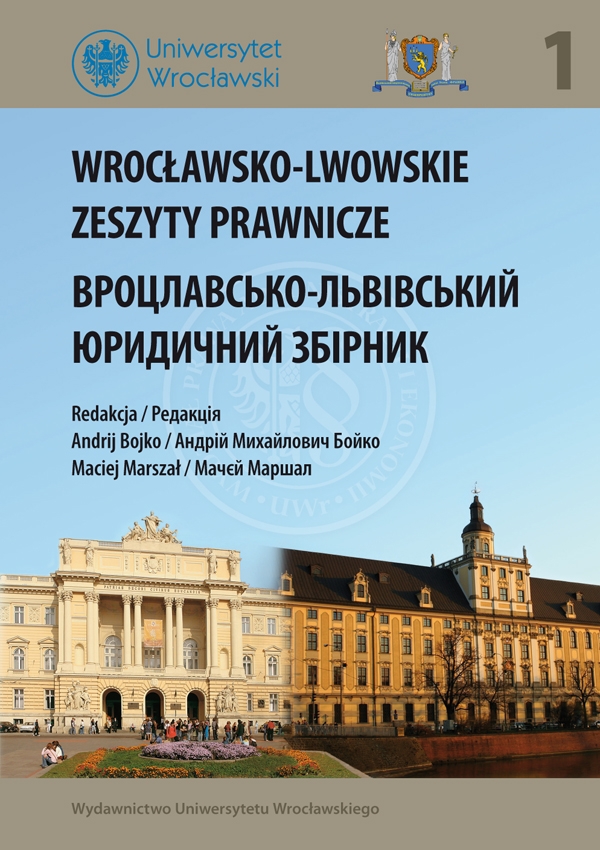

Artykuły

Life, Liberty, Property, Security. Doctrinal Premise of Early Human Rights Regulations
The article discusses the development of the concept of human rights from Antiquity till the end of the 18th century. The origins of these ideas can be found already in the views of Aristotle and some medieval thinkers including Thomas Aquinas and Marsilius of Padua.
It was not until the modern era that more complex concepts of human rights appeared, first of all as a result of the development of bourgeois doctrines in Western Europe, especially the theories represented by the natural law school in the 17th and 18th centuries Grotius, Thomas Hobbes, John Locke, Montesquieu and others. It was then that for the first time — initially in the USA and later in France — human rights and citizen rights were regulated. The Americans did this in their Declaration of Independence from 1774 and the 1787 Constitution,
while the French incorporated these regulations into their Declaration of the Rights of Man and of the Citizen proclaimed in the early stages of the bourgeois revolution in 1789, and into several constitutions from the period, including the 1793 Jacobean constitution, which, however, did not enter into force. From the 19th century on, the American and French regulations from the late 18th century became a model to be followed by other European states and some countries in other continents. As a result, the right to life, liberty, property or security became, as early as the 20th century, permanent part of the constitutions of those states the political systems of which are based on democratic principles.